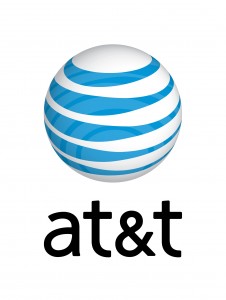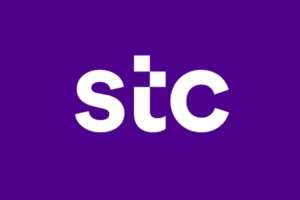 There are all kinds of ironies in AT&T’s call for the FCC to probe the spectrum position which Sprint will have once it regains complete control of Clearwire.
There are all kinds of ironies in AT&T’s call for the FCC to probe the spectrum position which Sprint will have once it regains complete control of Clearwire.The third cellco announced it would take a controlling stake in its 4G joint venture again, on the heels of the news that Softbank was buying a 70{e1f18614b95d3cd6e4b3128e1cd15d99b042a60a5a19c19b7a8e07e7495efa10} share in Sprint. One of the attractions for the Japanese carrier may be the huge spectrum assets owned by Clearwire, and the opportunities for synergies with its own TD-LTE activities.
Sprint’s latest move may finally end the merry dance that has gone on with Clearwire since the firms pooled their mobile broadband spectrum and businesses – then based on Wimax and aiming to steal a march on all the other US carriers – in 2008.
Sprint looked set to sideline Clearwire in its 4G strategy when it kicked off its Network Vision modernization and FD-LTE program, but the failure of another partnership with LightSquared, and the accelerating race for capacity, have forced it to re-evaluate its JV’s assets. The smaller firm is building out TD-LTE in some of its 100MHz-plus of spectrum in 2.5GHz.
Softbank is also running TD-LTE services in this band in Japan, courtesy of its purchase of assets from Willcom, and will bring FD/TD-LTE convergence expertise to its new partner, and potentially take advantage of roaming and common procurement activities with Clearwire.
Sprint will buy about $100 million in Clearwire stock from Eagle River Holdings, the investment firm owned by wireless legend Craig McCaw, the founder of Clearwire. But AT&T, whose own bid to buy T-Mobile USA, with its spectrum, was killed by regulatory opposition last year, has instead been building up its frequencies via a series of deals with smaller operators, including deploying the neglected 2.3 GHz WCS band.
VP Brad Burns said the firm will seek to warn regulators of the dangers of the Sprint/Softbank/Clearwire developments, since a foreign company will control a large swathe of the nation’s spectrum (this has some consistency, since one of the more desperate arguments used to defend the TMo bid was that it would regain US spectrum from the cellco’s German parent).
“Softbank’s acquisition of Sprint and the control it gains over Clearwire will give one of Japan’s largest wireless companies control of significantly more US wireless spectrum than any other company,” Burns said. The issue for the regulators, in this multinational wireless world, seems to be whether Sprint will gain an unfair spectral advantage, not the nationality of its major shareholder.
Sprint now has a 50.8{e1f18614b95d3cd6e4b3128e1cd15d99b042a60a5a19c19b7a8e07e7495efa10} shareholding in Clearwire. This and the Softbank deal would signify fuller commitment to Clearwire, whose 4G plans are at some risk because of its struggles for cash. Previously, Sprint held 48.1{e1f18614b95d3cd6e4b3128e1cd15d99b042a60a5a19c19b7a8e07e7495efa10} in voting rights while Eagle River had 2.3{e1f18614b95d3cd6e4b3128e1cd15d99b042a60a5a19c19b7a8e07e7495efa10} and McCaw owned 2.3{e1f18614b95d3cd6e4b3128e1cd15d99b042a60a5a19c19b7a8e07e7495efa10} personally.
Eagle River will sell nearly 31 million of its 34 million Class A Common shares, as well as all of its 2.7 million Class B Common shares. This will see Sprint owning more than 50{e1f18614b95d3cd6e4b3128e1cd15d99b042a60a5a19c19b7a8e07e7495efa10} of Clearwire’s Class A Common Stock. In a quarterly filing in the summer, the smaller firm revealed that Sprint owned only Class B Common Stock. Sprint has now converted 706 million Class B shares into Class A shares.











